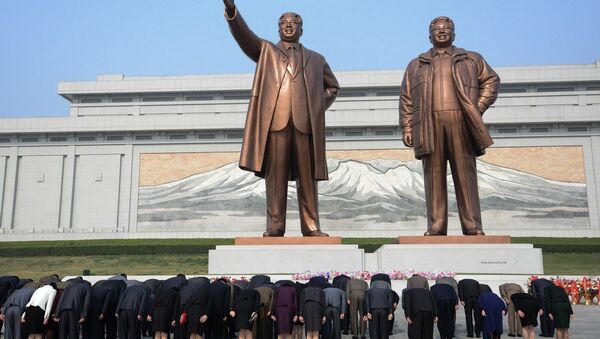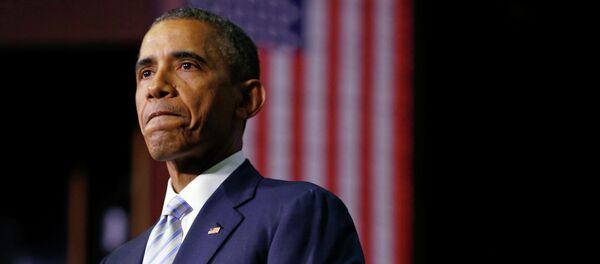Morgulov accused South Korea, the United States and Japan of fueling tensions on the Korean Peninsula by refusing Pyongyang's peaceful initiatives and building up joint military potential in the region instead.
"In these circumstances, it is difficult to expect that tensions on the Korean Peninsula would subside anytime soon. The same refers to the frozen six-party talks [on N. Korea's controversial nuclear program," Morgulov said in an exclusive interview with RIA Novosti.
"Nevertheless, we do not see any alternative [to six-party talks]," the diplomat said, adding that Russia would continue work with all partners in six-party talks in search for optimal solutions.
The two Koreas are still formally in a state of war, as no peace treaty was ever signed after the Korean War of 1950-1953.
North Korea declared itself a nuclear power in 2005 and conducted a series of underground nuclear weapon tests in 2006, 2009 and 2013. Pyongyang’s nuclear program has triggered multiple protests from the international community.
The six-party talks comprising South Korea, North Korea, Russia, the United States, China, and Japan began in 2003, following Pyongyang’s withdrawal front the Nuclear Non-Proliferation Treaty.
In 2009, North Korea said it would never participate in the six-party talks again. Later, various news agencies repeatedly reported of a possible resumption of talks, but they never took place.



